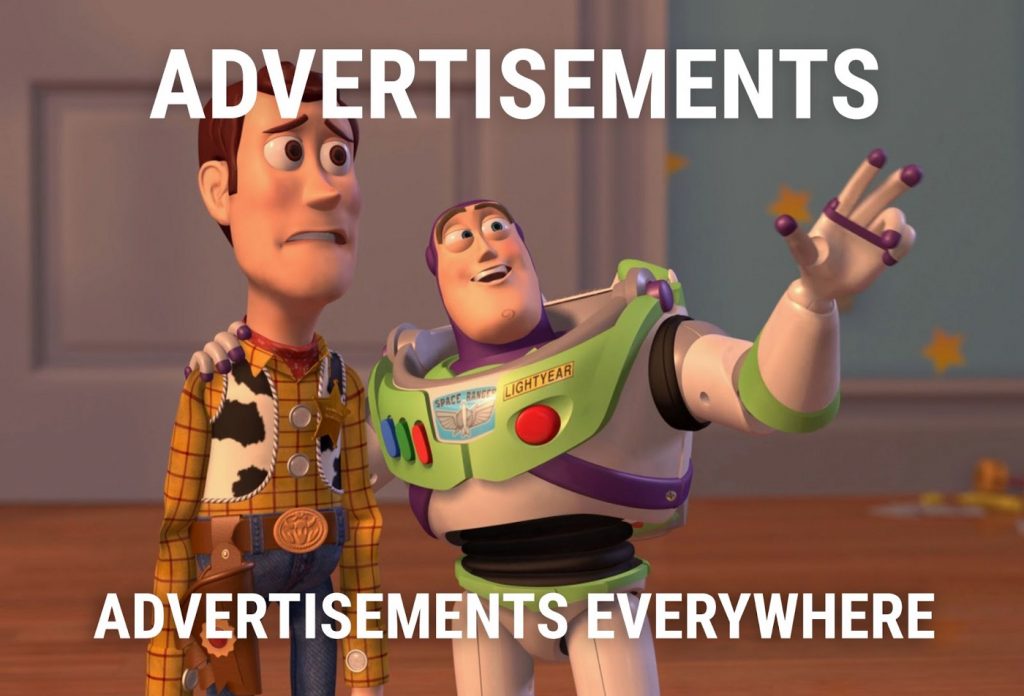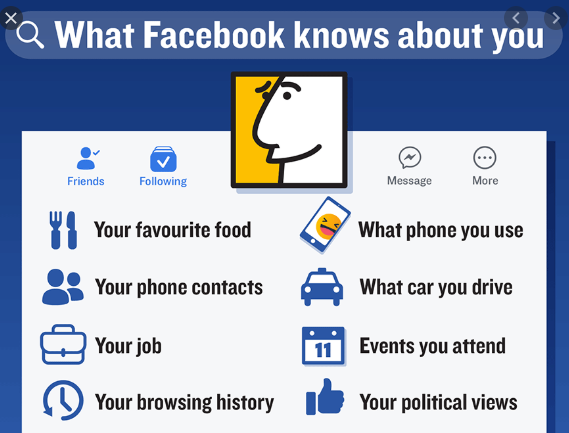
It was not long ago when the famed Facebook data leak scandal made people rethink the information they share over the internet. Instantly they were worried if their personal data was used previously as well. Though the scandal subsided after a major news, court hearing and a gross 17% fall in Facebook’s shares, the scandal led to a major shift in peoples’ view of their data.

So, if you are thinking that your personal data and confidential information is still safe from the advertisers and the data tracking tools employed by the marketing companies, you are wrong!
Most of the companies that you visit online or involve with, track your data. This is done for showing relevant ads to offer you a personalized customer experience. For example, suppose you visited an online gadget store to buy a new phone. Now, depending on the models you looked for, the models you shortlisted and the other browsing you did on that website, that website will keep showing you ads. One way to do so are the cookies that get stored in your browser.
This is just one example. There are many other ways companies use trackers to collect your personal data such as device, location, browsing habits and other such crucial information. For example, the reports of Apple and Amazon using human annotators to record the conversations people had with Siri and Alexa.
In this discussion, we are going to discuss how your data is being tracked, collected and sold without your permission and how to avoid this.
So, let us proceed and explore both these points in the following sections.
What do we mean by personal data?
The umbrella of personal data is wide enough to make people feel vague about its actual meaning. In simple words, personal data refers to the information you reveal about your browser, yourself and your browsing habits while using the internet.
Some of the most common examples are:
- Social media posts
- Location
- IP address
- Contact information
- Age, date of birth and Gender
- Social Security Numbers
- Browsing History
- Health information
In fact, many people (let’s say the curious millennials) send their saliva samples to some company to collect more information about their ancestors. Now, they might never know whether the sample was resold to some other pharma company or not.
See, the things are getting weirder, right?
Well, when you browse in common or public mode, all your information is readily visible and open for tracking.
How do companies collect your personal data?
Mentioned below are some ways companies collect your personal data:
- Processes and bots stealing data from the autofill forms (for example your name, phone number, Email ID and Address)
- Cookies that store your browsing history. Cookies are files that store your browsing history for one particular website to show you relevant content, services and products.
- Banking information and medical information collected from automobile companies, retail stores and other such places.
- Data Brokers — they are the mean data-stealing companies. They actually pay the retailers, online websites, survey makers, and other such data facilities to buy hoards of data.
This is not the end of the list. There are various other ways of data theft, such as hackers and snoopers that are quietly ‘eavesdropping’ on your digital devices and online transactions, to find anything meaningful.
So, now that you have grasped an idea of the vulnerability of your private data.
How to stop companies from stealing, tracking, collecting and manipulating your personal data?
The very first thing that comes in almost everyone’s mind is private browsing or using a proxy server. The technology savvy people can also suggest using a virtual private network or VPN.
However, all these still falter when it comes to the protection of private data.
So, is there no way to keep your private data safe and secure? The answer is — Yes, there is!
You could install a few tools that can help you dong so, as an example you could install VPN app in your mobile phone or you can also install a couple of extensions in your bed browser, that can help you browse anonymously and keep your data safe.
Stay alert; Stay Safe!

Leave a comment